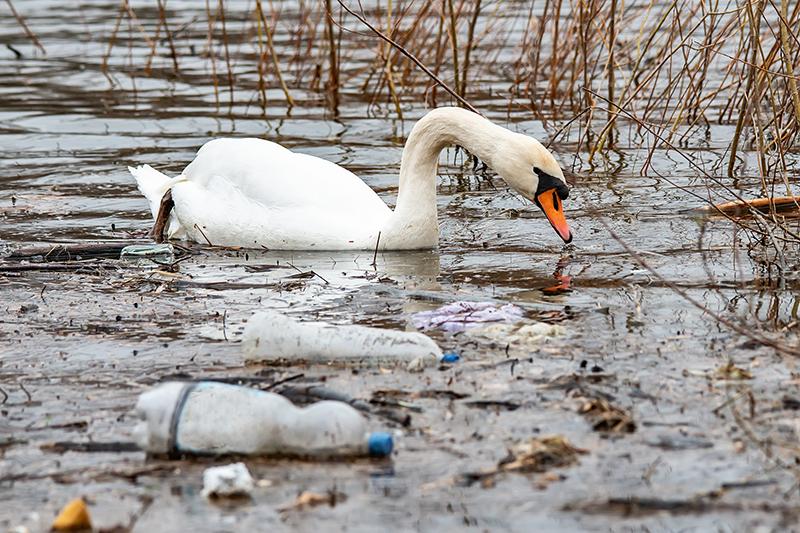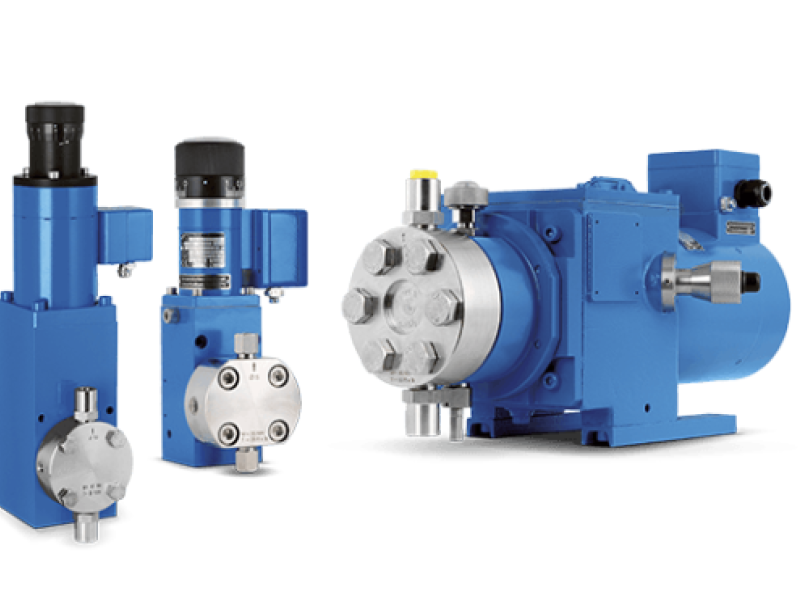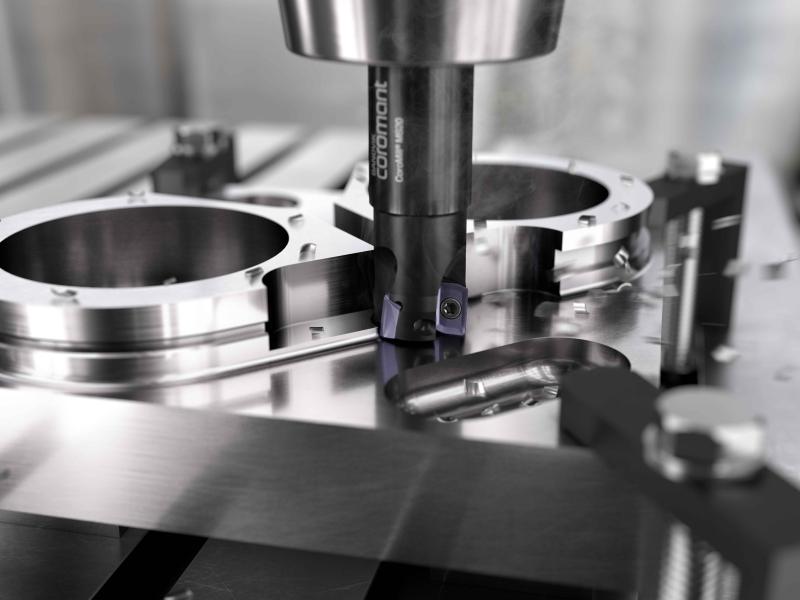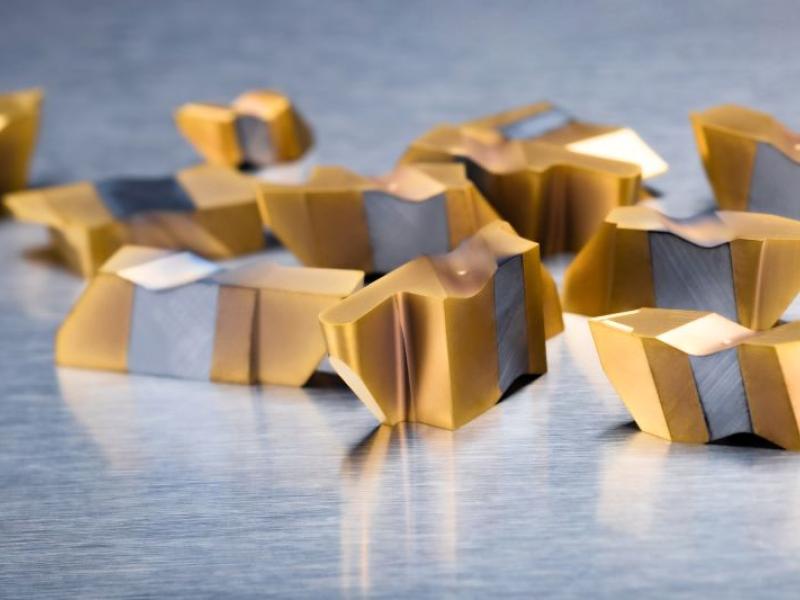Increasing use of local manufacturing to overcome chronic supply chain disruption is generating new benefits for municipal and industrial wastewater treatment services.
Besides bringing service and supply sources closer to home – and improving service expertise and response times as a result – it is also giving Australasian WWTP engineers the opportunity to build-in features needed locally that are not addressed by one-size-fits-all imports.
“Disruption, delay and service shortages caused by Covid and international shipping have been a reality check for some operators of wastewater treatment plants,” says one of the first wastewater treatment specialists to shift to local manufacture, Mr Michael Bambridge, Managing Director of CST Wastewater Solutions.
“Wastewater engineers have known for years that less durable imported solutions don’t respond well to local conditions – including widely varying waste load types and flows, plus frequent flooding in some areas affected by climate change and frequent storms. Less durable solutions might have been cheap to buy first up, but they are a lot more expensive to own not far down the track, when you have to call out local service personnel to help clean up blockages and spills. It can be false economy – and environmentally risky – if, for example, a meat works, food and beverage plant, or local council has to cope with system failures or spills affecting local waterways or groundwater,” said Mr Bambridge.
“It is serious because councils and companies may not have the engineering staff on-site anymore – many smaller councils can’t afford to, while big food and beverage or primary processing plants can’t afford the statutory risks of failures and clean-ups.
“But this is a two-sided issue – local councils and industries such as food and beverage an primary processing also need to support the manufacturers who are supporting them by building a better, more durable and efficient product backed by local service. We local manufacturers can improve the value equation, but no good manufacturer can join a race to the bottom – isn’t it obvious that a poor input leads to a poor output, poor product, poor service?
“Isn’t it obvious too that the type of supply disruptions we are seeing now are not just short term and councils and industry need to look to quality supply chain solutions? Local manufacture is the way of the future.”
CST began the move local manufacture a couple of years ago, focussing first on WWTPs’ first line of defence against overloading, the screens and compactors that catch and process waste and debris before it can enter wastewater treatment processes and disrupt vital services.
This front-line technology, incorporated into locally designed horizonal drum screen solutions (described in the following link), features far finer screening capabilities than usual, (down to 2mm), better flow characteristics, and more durable stainless steel replacing components prone to corrosion failure.
The more robust technology is also backed by local service throughout Australia and New Zealand, where CST Wastewater Solutions has operated for more than 30 years, serving municipalities and industries with biological waste streams, ranging from meat, dairy and fruit, through to dairy and alcoholic and non-alcoholic beverages.
“Even in more normal times – when we are not subjected to a La Nina weather pattern – the screening and waste compacting task is a challenging one. But it gets many times worse when an overloaded or poorly maintained front-line screening plant is flooded with higher loads, which can leak, flow or flood into the surrounding environment,” says Mr Bambridge.
“In these testing circumstances – which are likely to be here for the long-term with climate change – no local councils or industries can afford to stake their futures on inferior technologies and unresponsive supply chains.”
More efficient waste removal – Link here to technical article on advantages of local manufacturing






